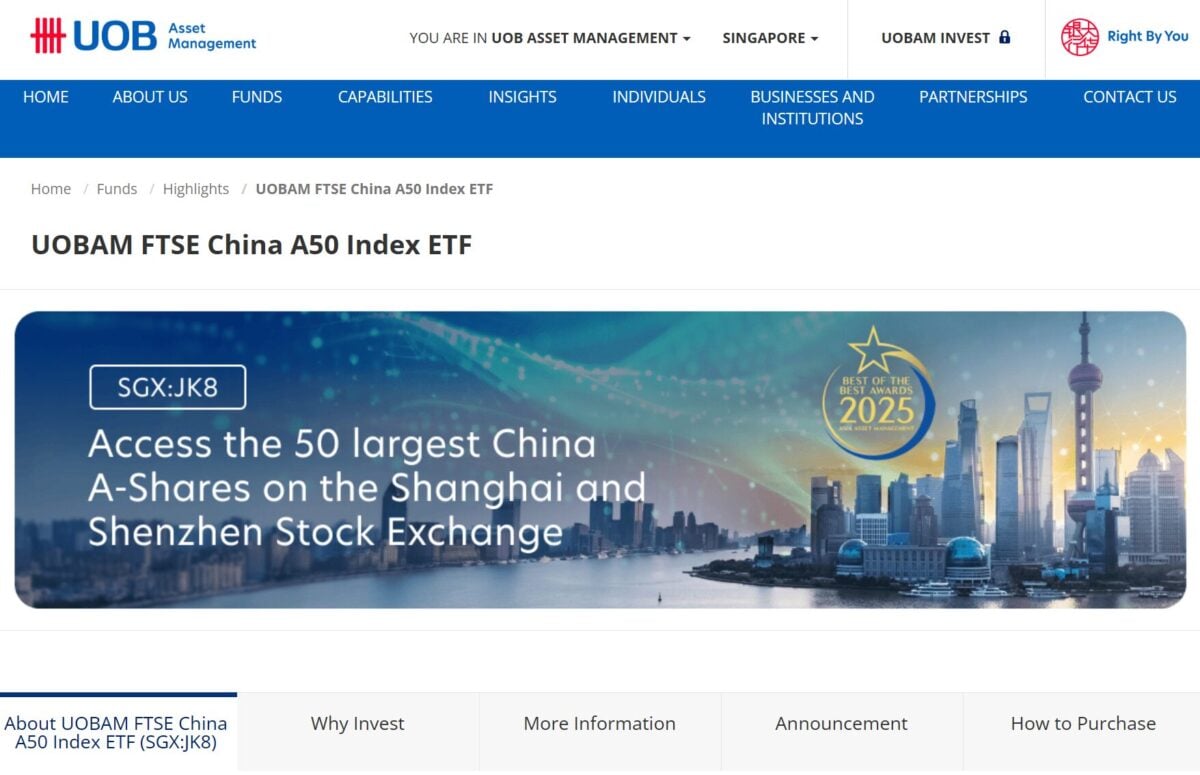On 30 August 2019, the Association of Banks in Singapore and the Singapore Foreign Exchange Market Committee (ABS-SFEMC) recommended Singapore Overnight Rate Average as the most suitable and robust benchmark to replace the SGD Swap Offer Rate (SOR) for SGD interest rate derivatives, given the likely discontinuation of LIBOR after the end of 2021.
Previously, the SIBOR and SOR are the two benchmark indicators for the cost of borrowing within Singapore’s financial system.
SIBOR is the median rate at which banks in Singapore borrow/lend money among one another over the near-term.
SOR is a key benchmark for interest rates in Singapore, based on the exchange rate between SGD and USD, based on the USD London Inter-bank Offered Rate (Libor).
Since the end of end-2021, Singapore’s financial system has transitioned toSingapore Overnight Rate Average (SORA) as the main interest rate benchmark for Singapore’s financial markets.
What Is SORA?
Singapore Overnight Rate Average (SORA) is the volume-weighted average rate of unsecured overnight interbank SGD transactions in Singapore, administered by MAS. It has been published since 1 July 2005 and is commonly monitored to reflect daily conditions in SGD money markets.
SORA is regarded as more stable due to the absence of the foreign exchange component and the fact that it is used mainly as a compounded average compared to forward-looking rates such SOR, which are subject to market factors like quarter/year-end volatility.
SOR
SORA
Definition
Effective rate of borrowing SGD synthetically, by borrowing USD and swapping for SGD
Average rate of unsecured overnight interbank SGD transactions brokered in Singapore
Methodology and inputs
Volume-weighted average rate of USD/SGD FX swap transactions, with USD LIBOR as an input
Volume-weighted average rate of transactions reported by brokers in Singapore to MAS
Administrator
ABS Benchmarks Administration Co
MAS
Tenor
Overnight, 1-month, 3-month, 6-month
Overnight
(Source: The Association of Banks Singapore)
Understanding SORA-Pegged Home Loans
SORA-pegged home loans in Singapore are floating-rate mortgages linked to the Singapore Overnight Rate Average (SORA), a benchmark rate reflecting actual interbank borrowing costs.
The interest rate consists of two parts: the daily-compounded SORA and a fixed margin (or spread) set by the bank. This means that the loan’s interest rate fluctuates as the rates change, typically reviewed every 1 or 3 months, with 1-month rate being more sensitive to changes. Such loans offer transparency and stability, as SORA is based on real transactions and is less volatile than older benchmarks like SIBOR or SOR. However, borrowers should be prepared for potential increases in monthly repayments as broader economic conditions influence it.
Today, most of Singapore’s major local banks offer home loans that are pegged to the SORA. If you last refinanced your home in 2021 or earlier, you may still be on a SIBOR or SOR-pegged loan, as these were the prevailing benchmarks at the time. Since both of these rates are being phased out, you will like need to consider refinancing to a SORA-based loan.
Read Also: Complete Guide To Choosing The Most Suitable Home Loan In Singapore
As of 2 September 2024, the 3-month SORA rate is at 3.569%. This has decline slightly from earlier in the year where it was 3.701% on 2 January 2024.
The post Guide To Understanding How SORA-Pegged Home Mortgage Loans Work appeared first on DollarsAndSense.sg.










